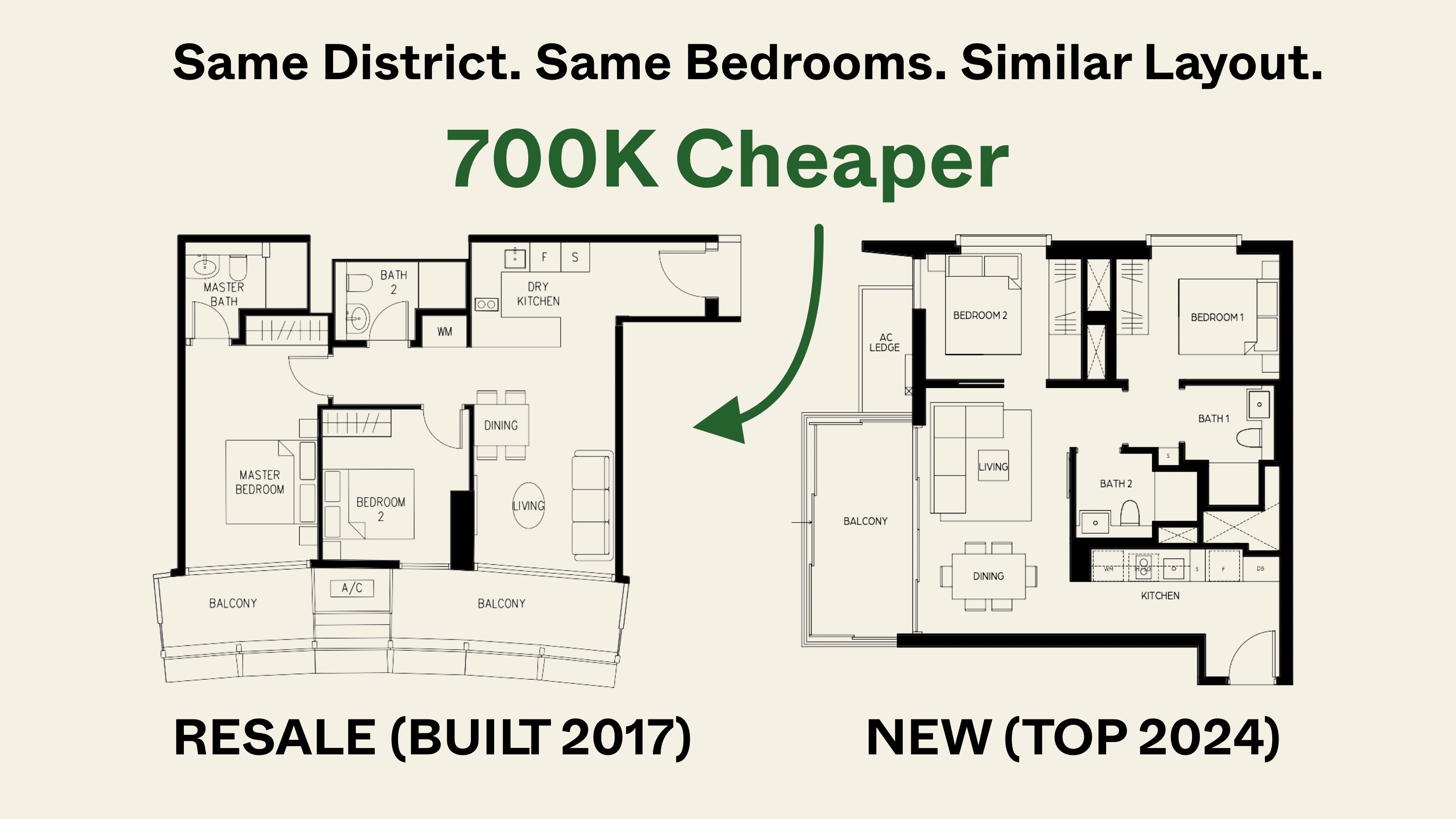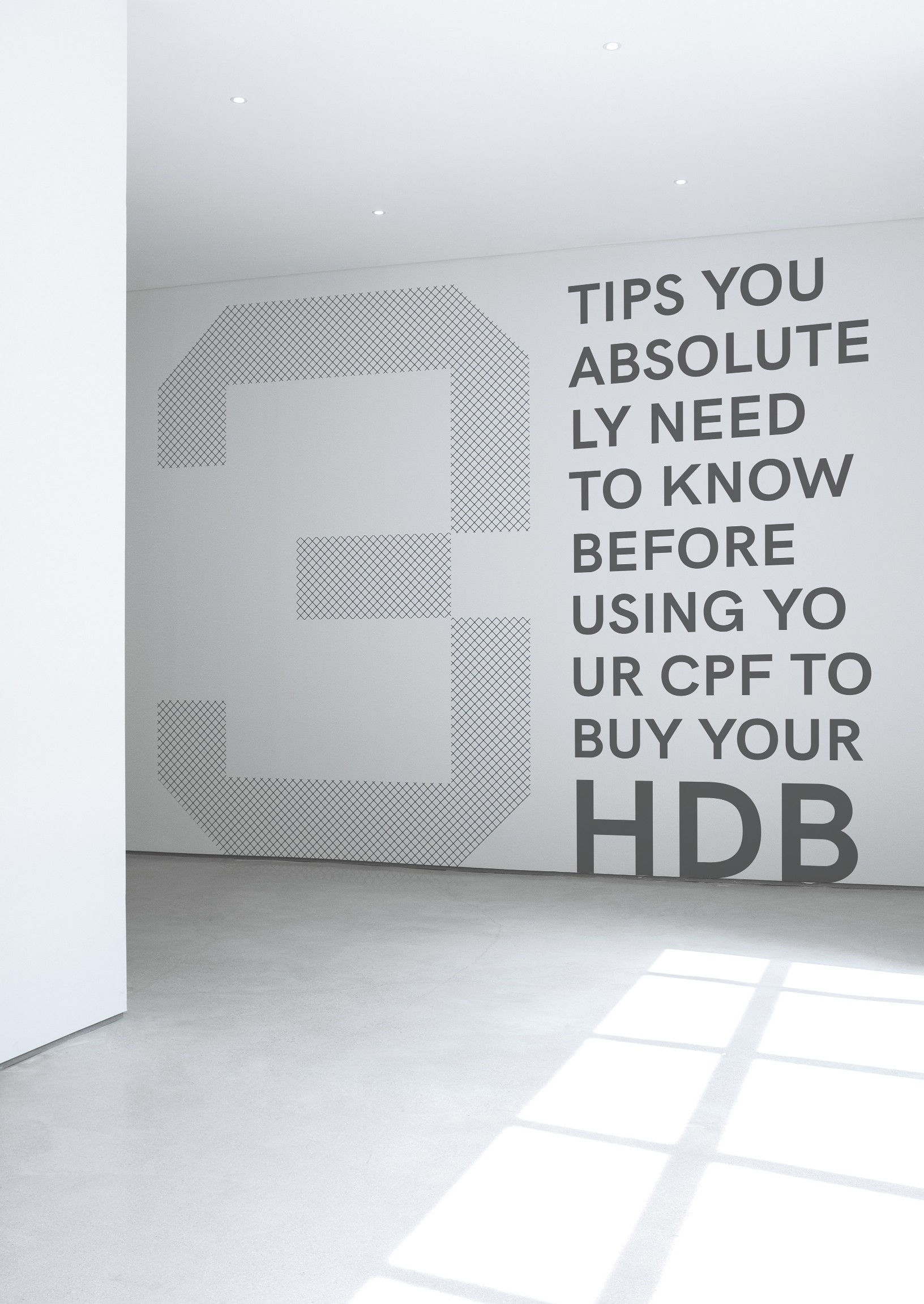Even though Singaporeans talk about CPF all the time whether it be their appreciation or grudges for it, it still comes to a shock to many when they discover things that were not communicated to them upon purchasing their home. Here are the 3 absolute things you need to know before you purchase your home.
1. You have to pay back accrued interest on your CPF housing grant
No doubt, the CPF housing grants do help to reduce the cost. But it is not a direct deduction of the price of the HDB flat, but it is credited into your CPF account and then deducted straight away. As a result, when you do sell off your flat, you will have to “pay” back the grant to your CPF account with the accrued interest.
2. You have to pay back accrued interest on your CPF money used to pay off the flat
Firstly, you will HAVE to pay back whatever that was used to pay for the flat using your CPF.
Secondly, you HAVE to pay back the accrued interest on that amount that was withdrawn. To put it simply, you are effectively borrowing from your pension fund to pay off your flat. This is because if at any point you decide to sell, you will have to pay back into your CPF account the same amount that was taken out PLUS INTEREST (2.5%). This accrued interest is what you would have earned had you not used your CPF to pay the monthly mortgage. Of course at the end of the day, it is still your money that would help towards your retirement. But many people do not like the idea of this forced savings, and that will be another story for another day.
You can view the amount that is refundable to your CPF account in your property statement here.
In general, you have to remember that your cash proceeds will never be as high as you would think. This is because after the sale of the house, the bank will be paid off first, next will be your CPF account, and finally the remaining in cash. So the longer you have used your CPF to pay off your HDB flat, the less cash proceeds you will get back when you sell it off.
However, one important point is if the sale proceeds after paying off any outstanding mortgage are lower than the sum of principal amount and accrued interest, you will not be required to top up the shortfall as long as the property is sold at or above current market value.
Lastly, if you are above 55, the CPF refund into your OA will be used to top up both your Retirement Account and Medisave Account to the latest respective minimum sums. Any excess CPF funds will be paid to you within 5 working days.
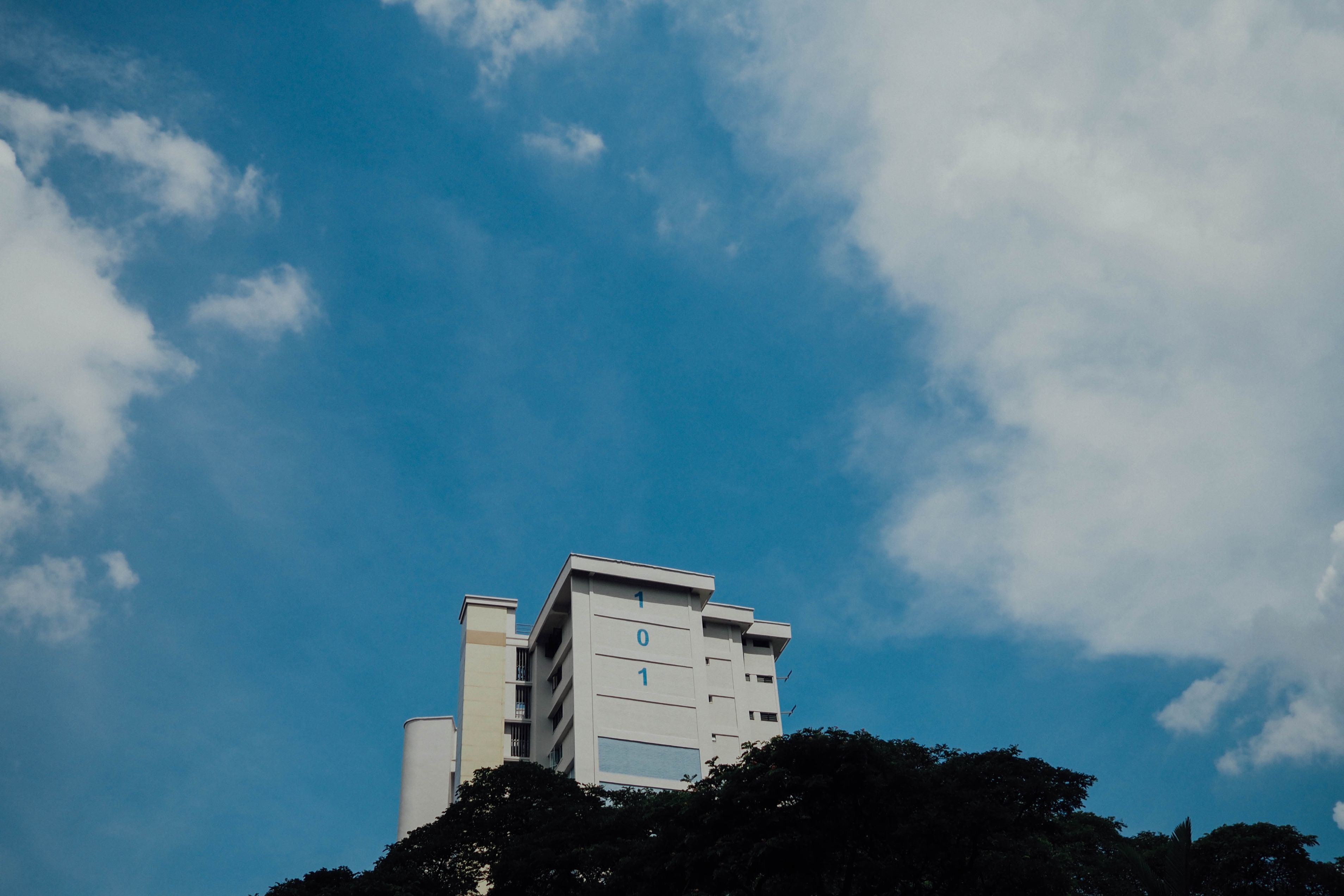
Property AdviceCPF Accrued Interest: Why You Should Not Pay For Your HDB With CPF
by Sean3. You could potentially save more if you do not use your CPF to pay
Not many people can use cash to build wealth at more than 2.5% earned in CPF OA or 4% in the SA. As you would earn 2.5% interest on the monies in your CPF account, some more prudent people might look towards the long term and use cash to pay and then use their CPF as a forced savings to build up for their retirement.
For simplicity sake let us assume a monthly mortgage of $1,000.
| Person A | Person B | |
|---|---|---|
| Cash Outlay | $1,000 | $0 |
| CPF Outlay | $0 | $1,000 |
| Money in CPF OA after 20 years (@ 2.5% interest rate) | $310,975 | $0 |
Source: D&S
So over the 20-year period, Person A would have paid $240,000 in terms of mortgage (not inclusive of interest). If this amount was left in the CPF OA account, it would have garnered $310,975, an extra savings of $70,795.
However, of course this comes at the expense of flexibility. This means that if you do not manage your cash flow well, if there is an emergency or an unexpected retrenchment it could be problematic.
As usual, if this has helped you please consider sharing it! If not feel free to comment or let us know your thoughts!
Sean
Sean has a writing experience of 3 years and is currently with Stacked Homes focused on general property research, helping to pen articles focused on condos. In his free time, he enjoys photography and coffee tasting.Read next from Property Advice
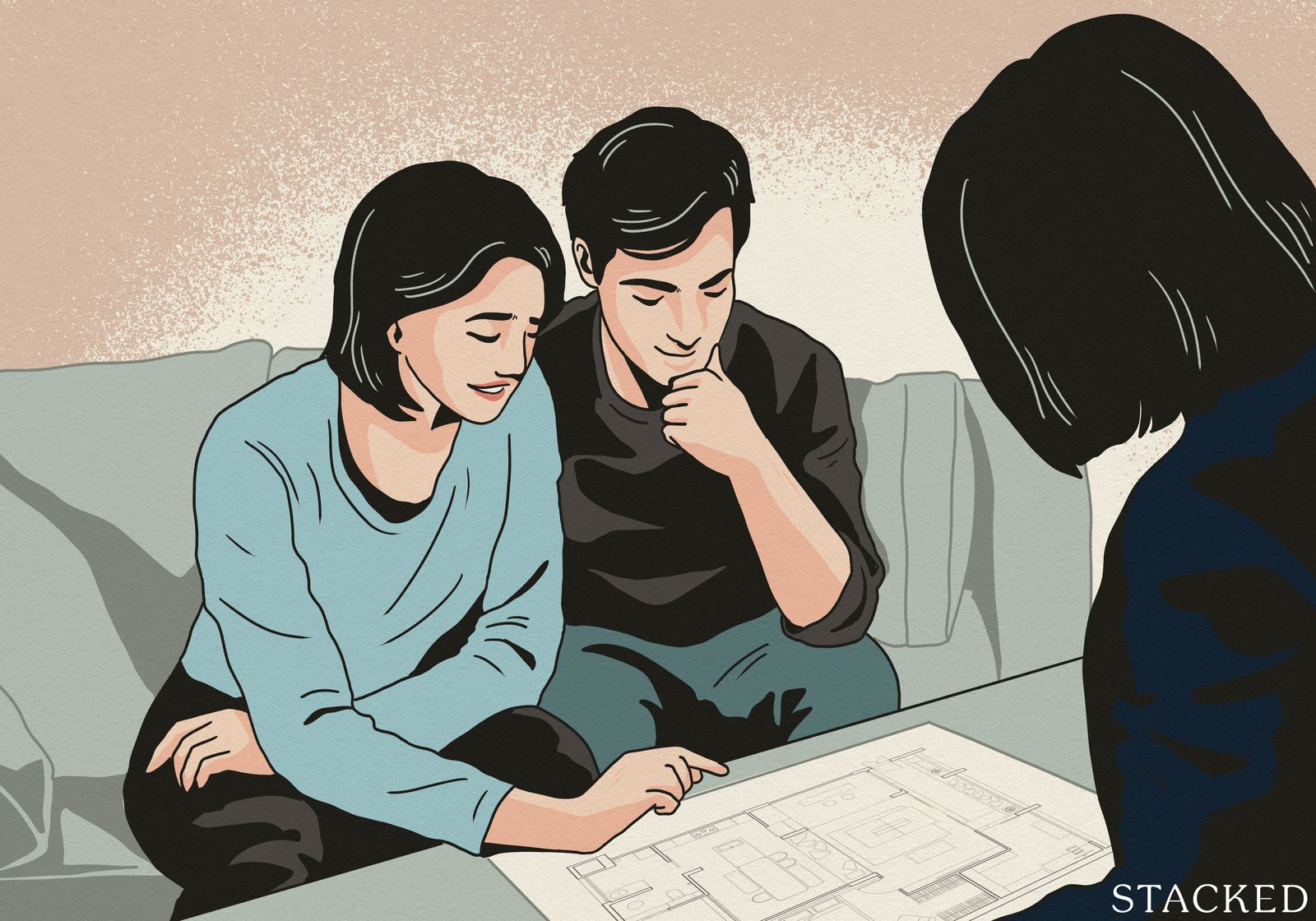
Property Advice We Ranked The Most Important Things To Consider Before Buying A Property In Singapore: This One Came Top
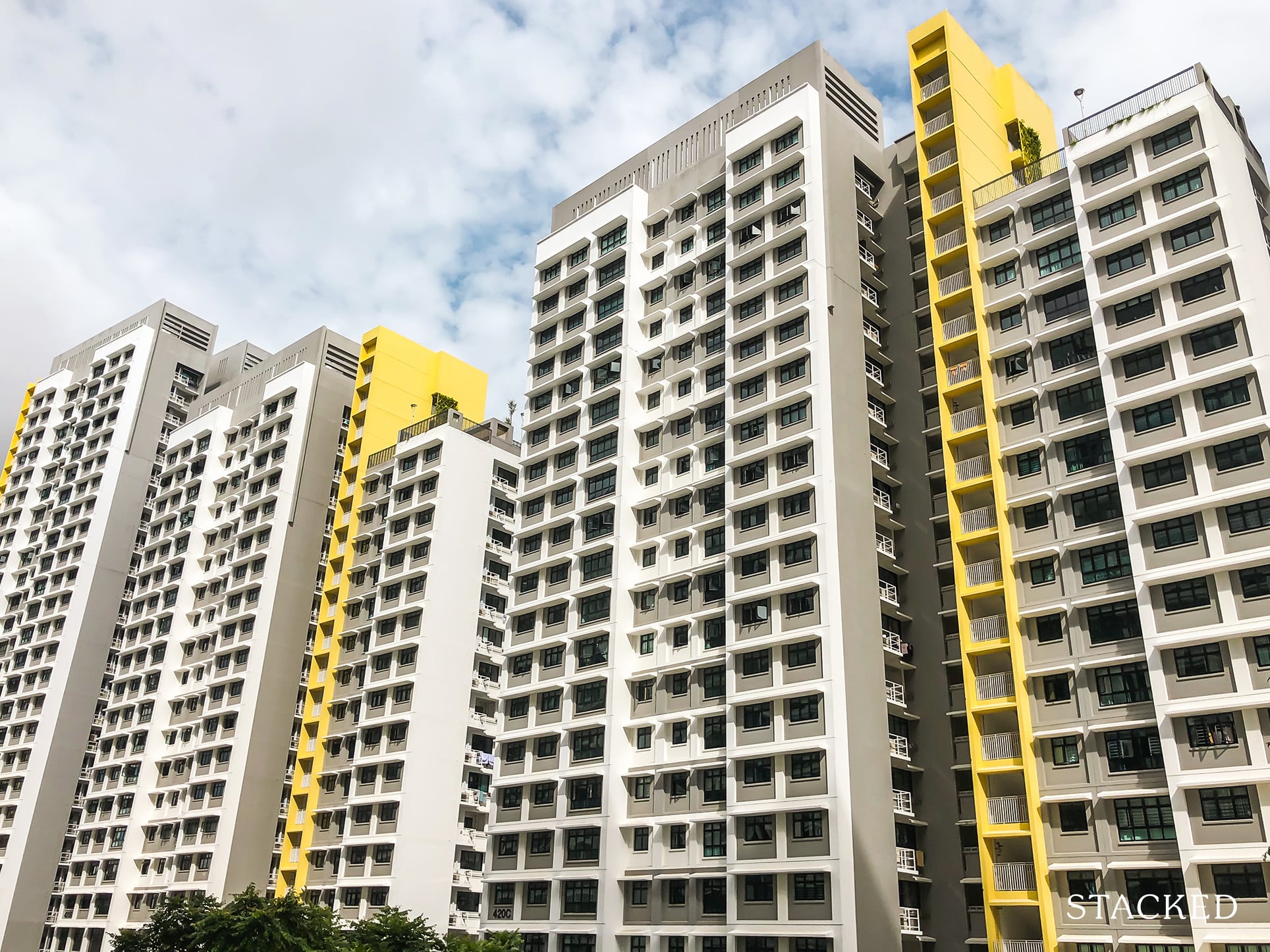
Property Advice Why Punggol Northshore Could Be The Next Hotspot In The HDB Resale Market
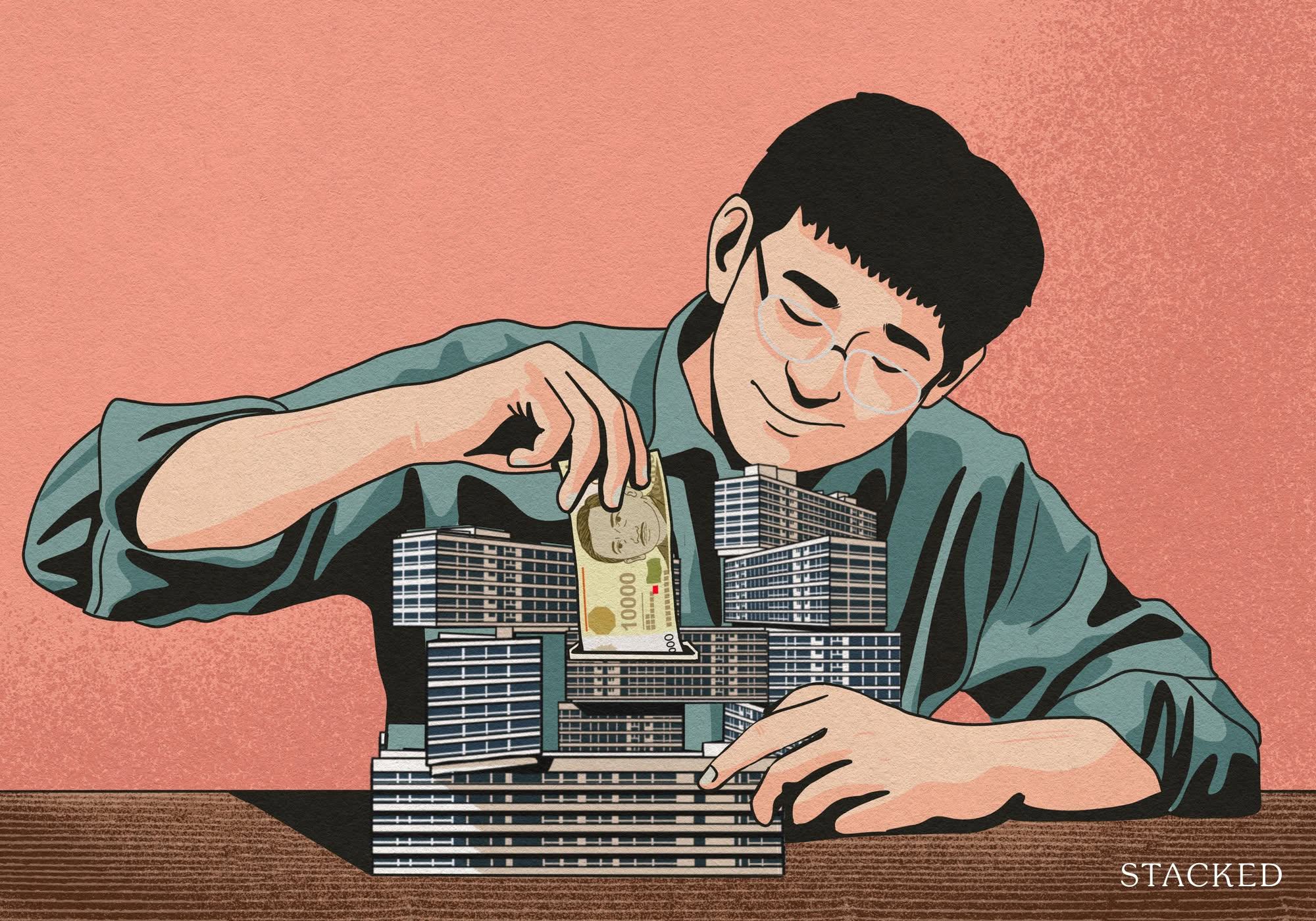
Property Advice How Much Is Your Home Really Worth? How Property Valuations Work in Singapore
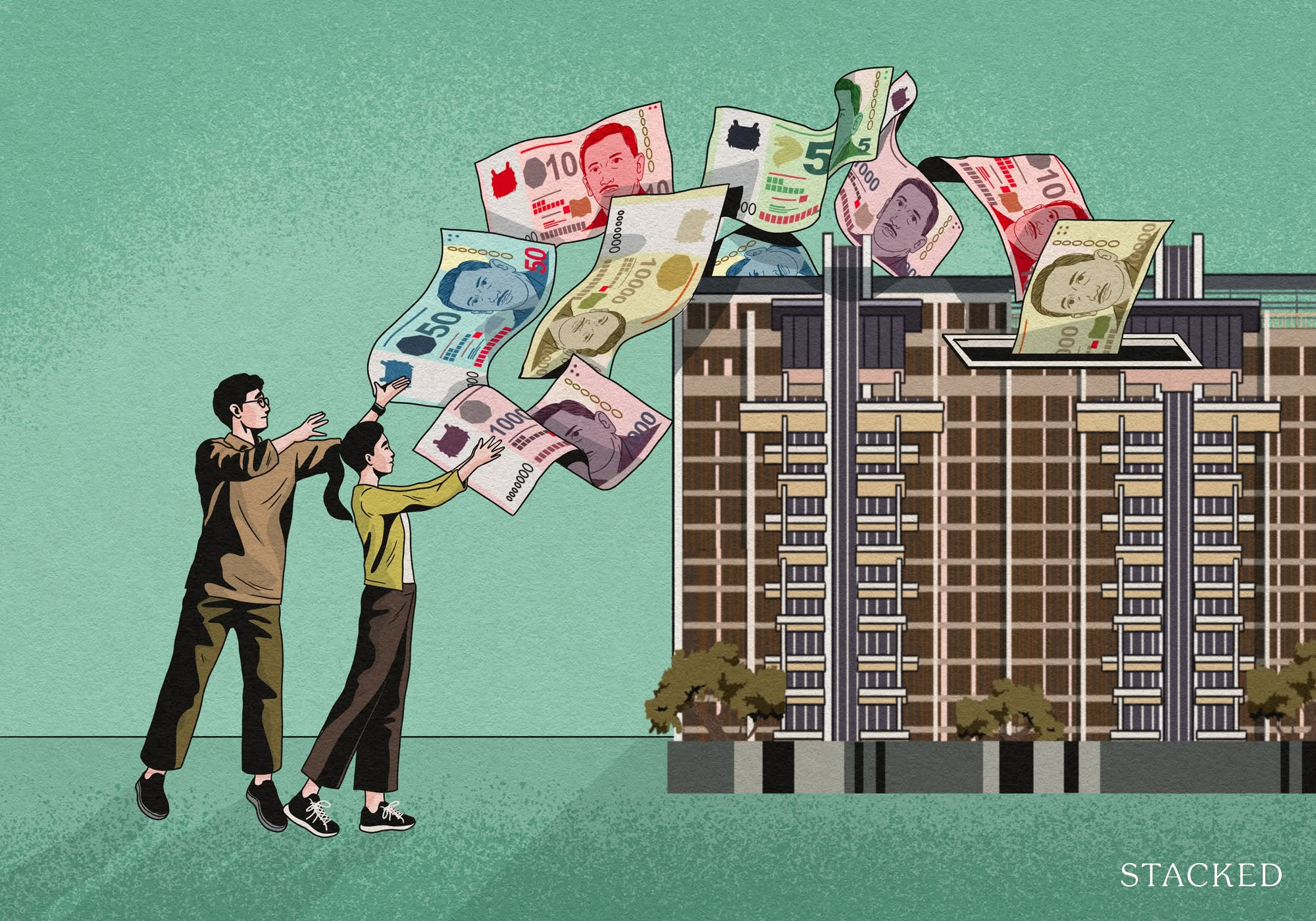
Property Advice Why I Had Second Thoughts After Buying My Dream Home In Singapore
Latest Posts
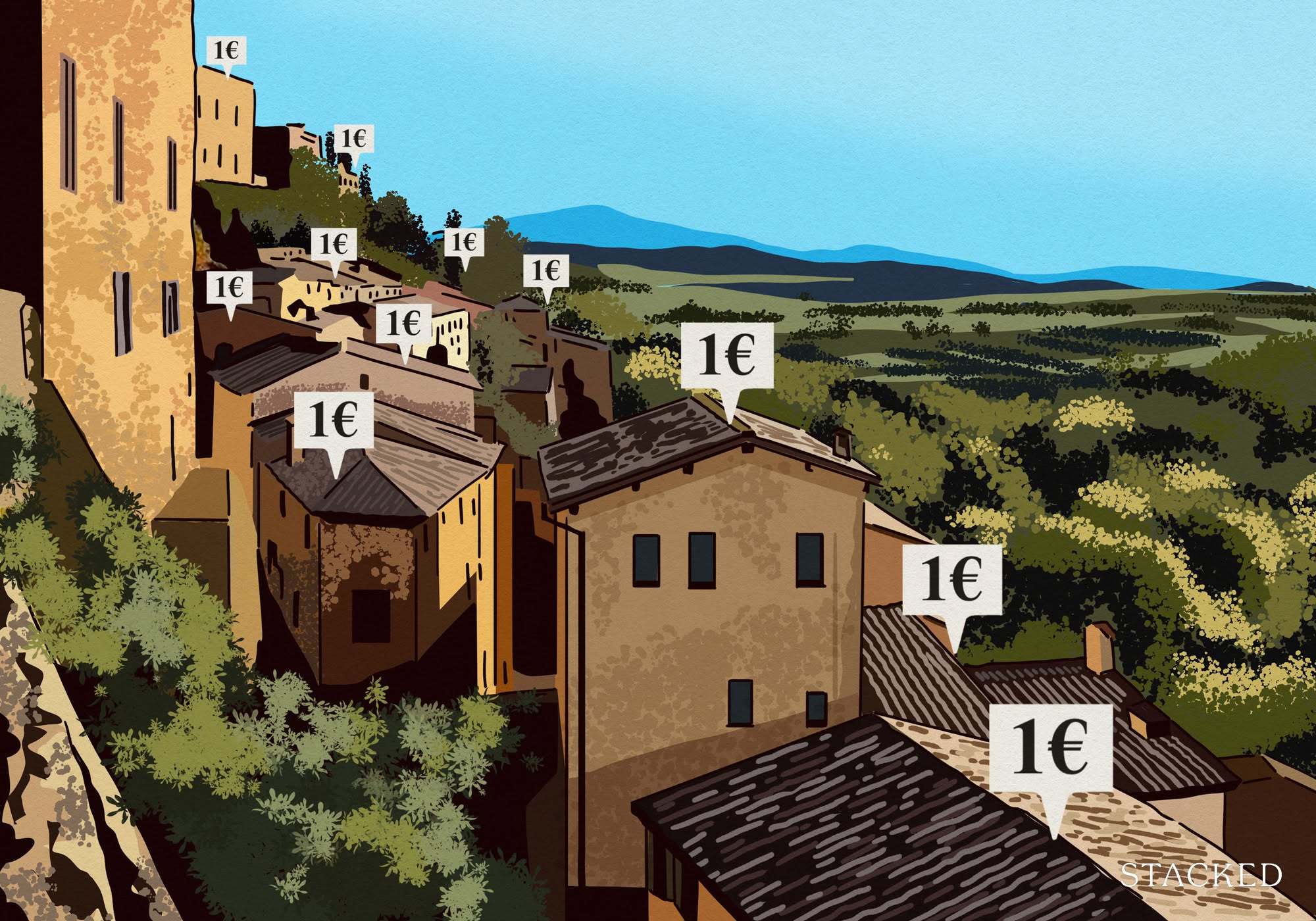
Overseas Property Investing Can You Really Buy A House In Italy For €1? Here’s What Singaporeans Should Know
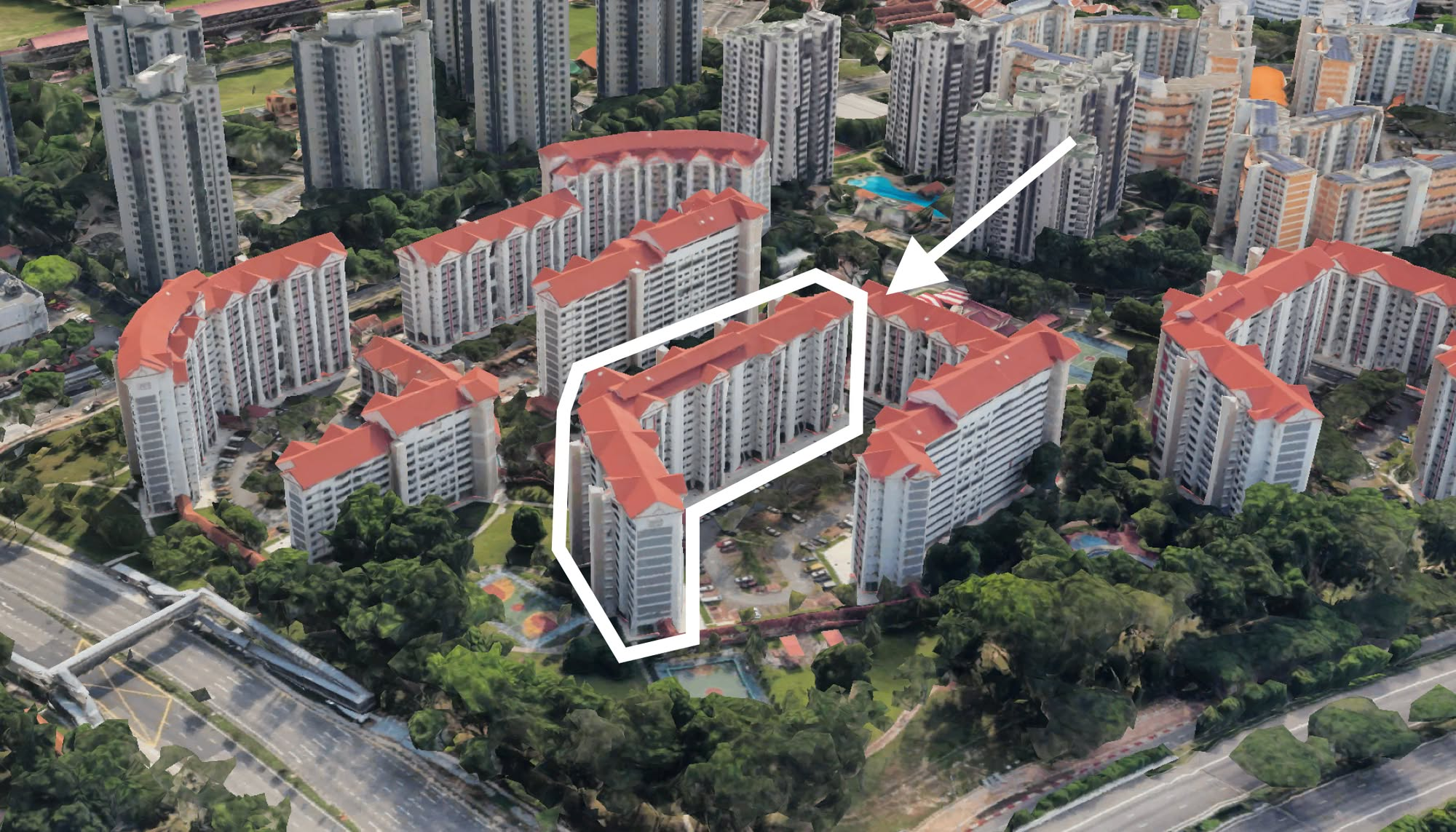
On The Market 5 Cheapest 5-Room HDB Flats Near MRT Stations From $550k
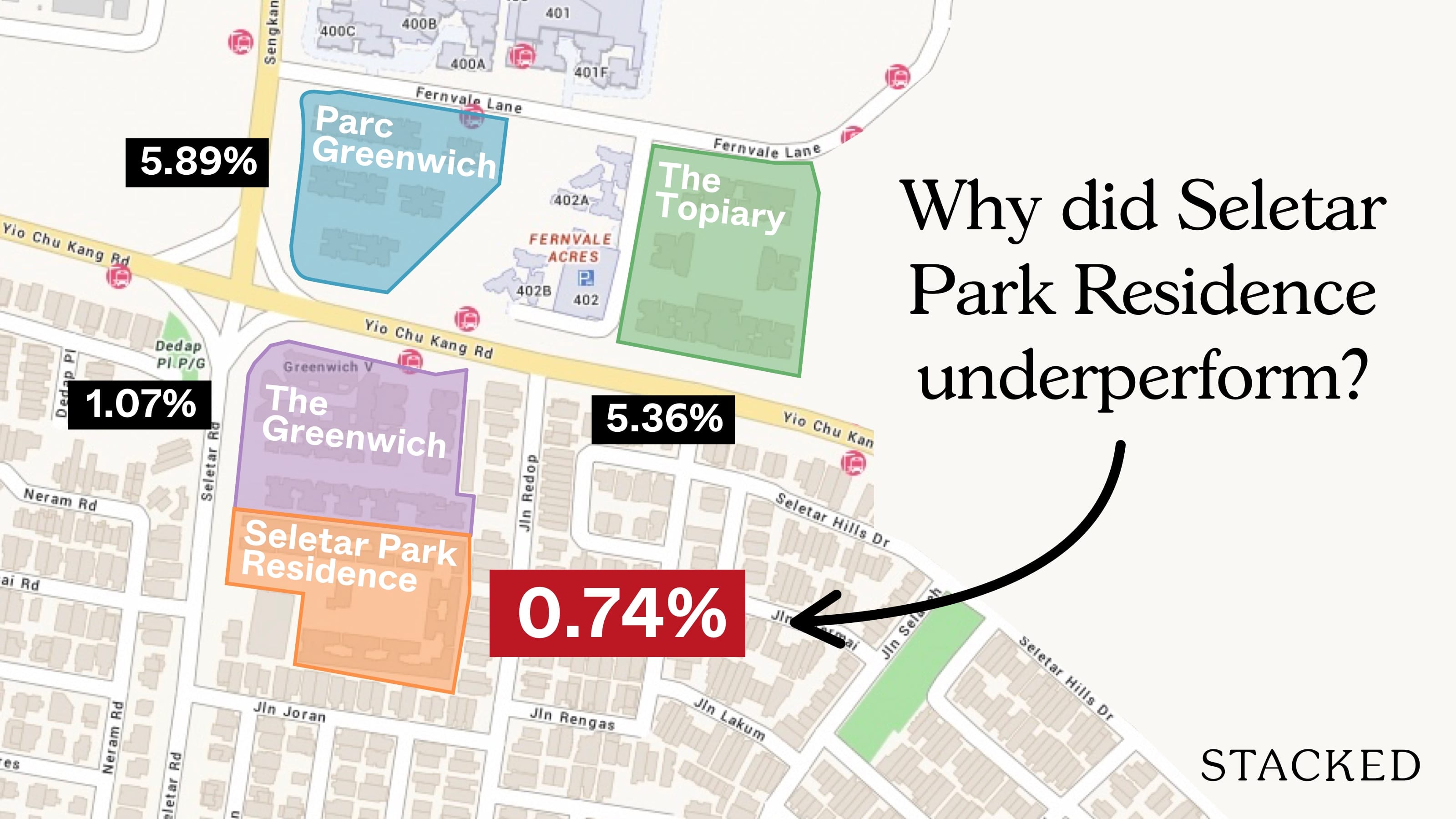
Pro Why Seletar Park Residence Underperformed—Despite Its District 28 Location And Large Unit Sizes
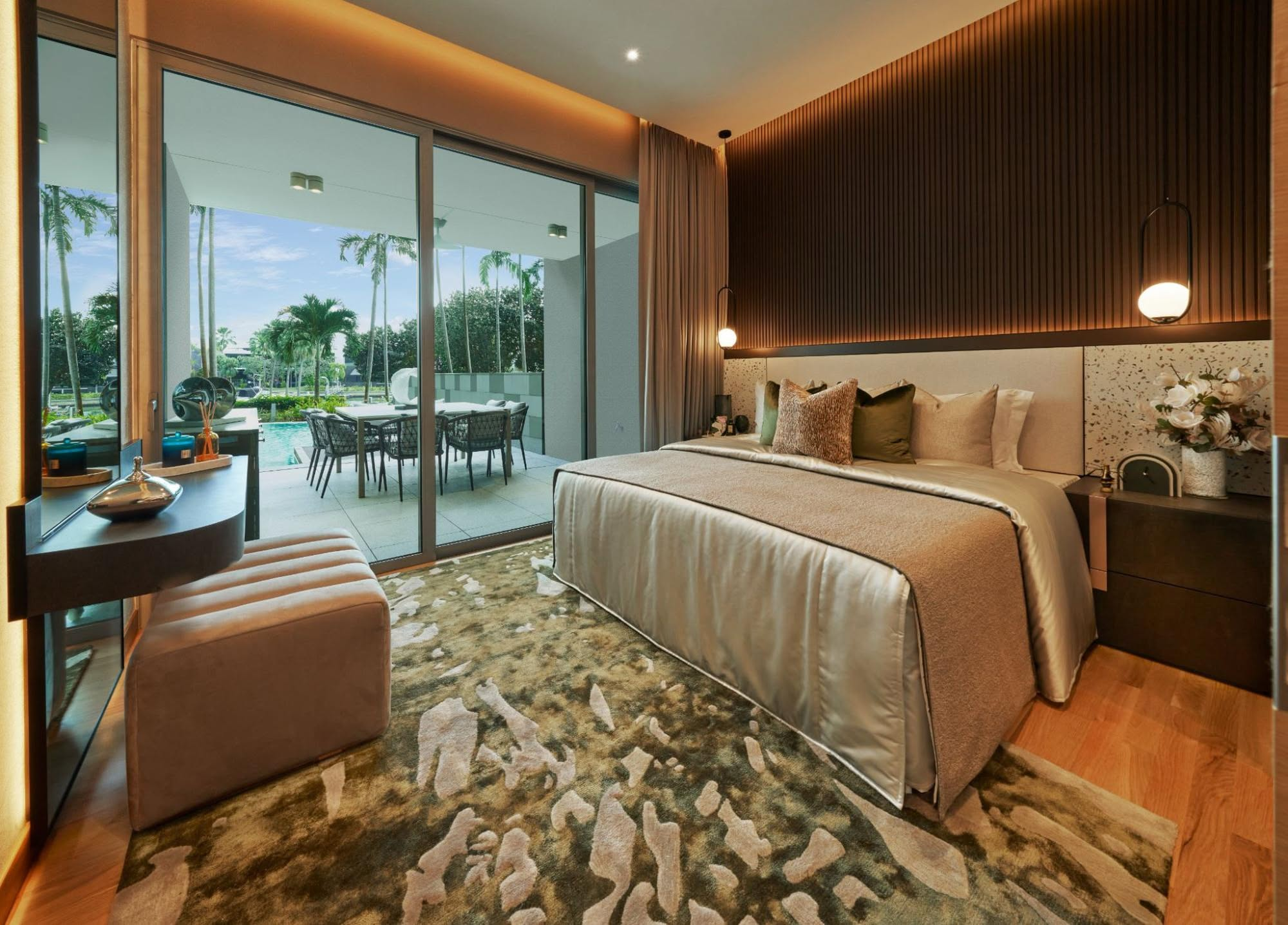
On The Market Inside A Luxury Waterfront Home at The Residences At W Singapore Sentosa Cove
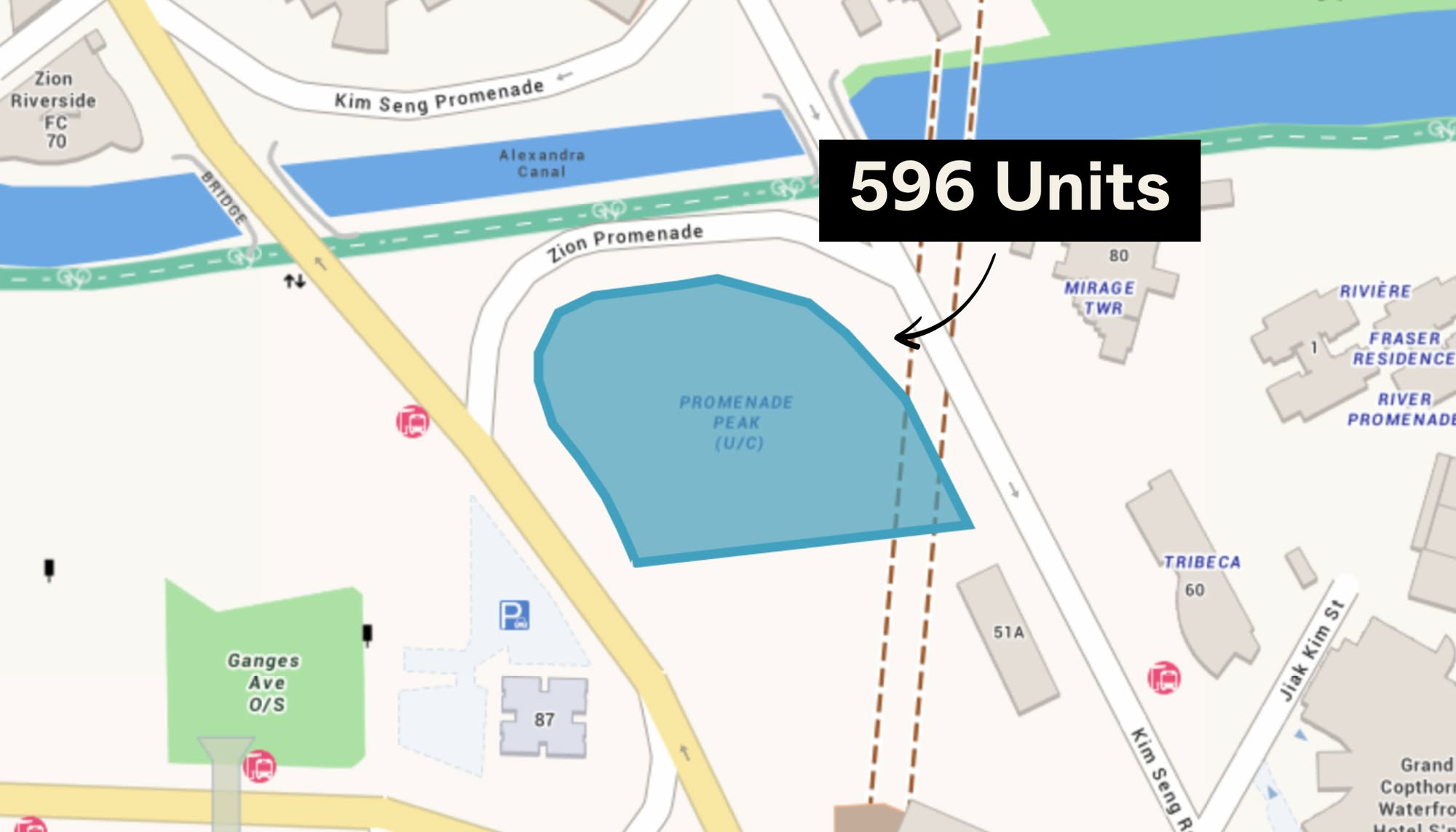
New Launch Condo Analysis Singapore’s Tallest New Condo Comes With the Highest Infinity Pool: Is The 63-Storey Promenade Peak Worth A Look?
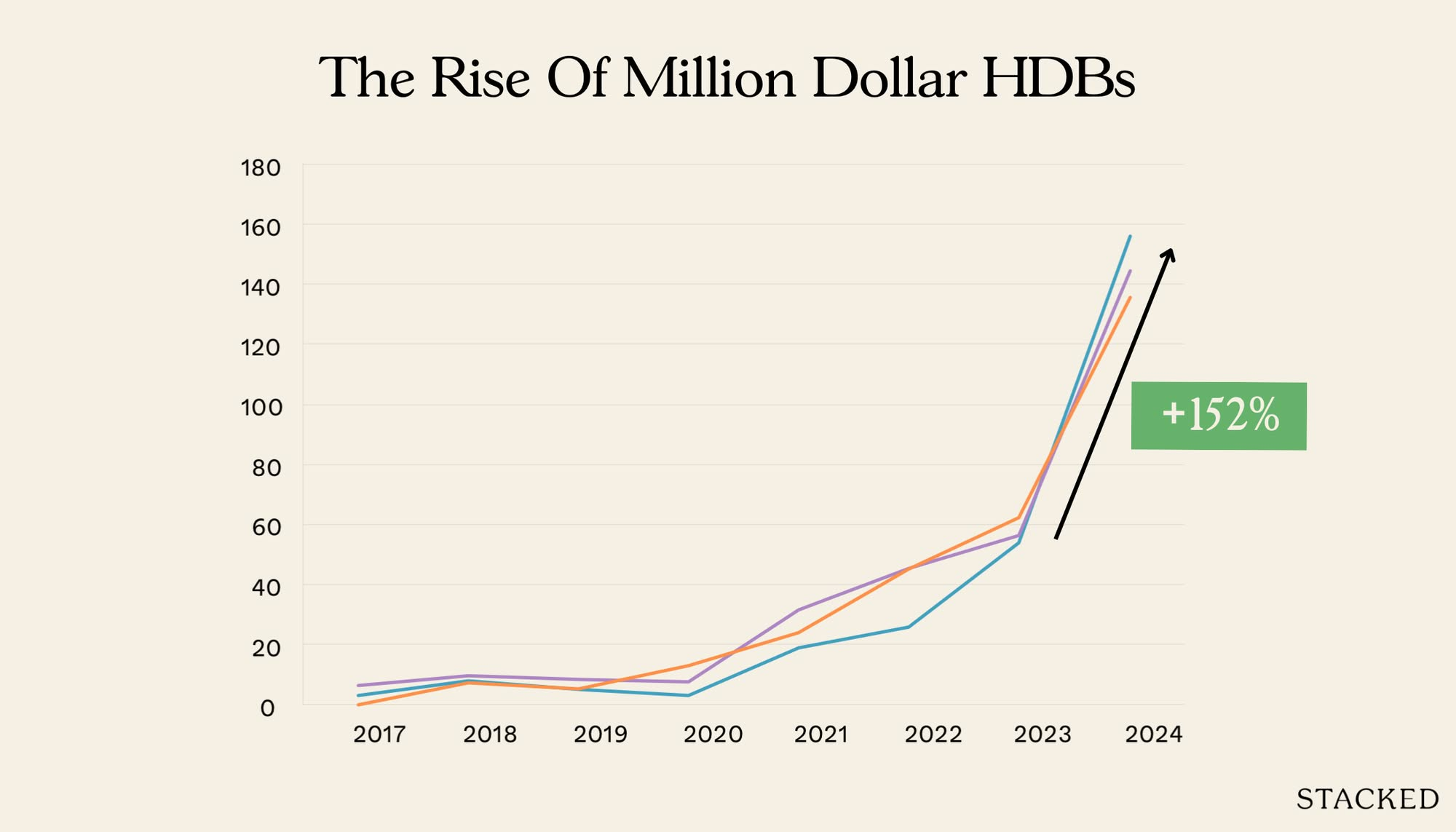
Property Market Commentary We Tracked The Rise Of Million-Dollar HDB Flats By Estate — And The Results May Surprise You
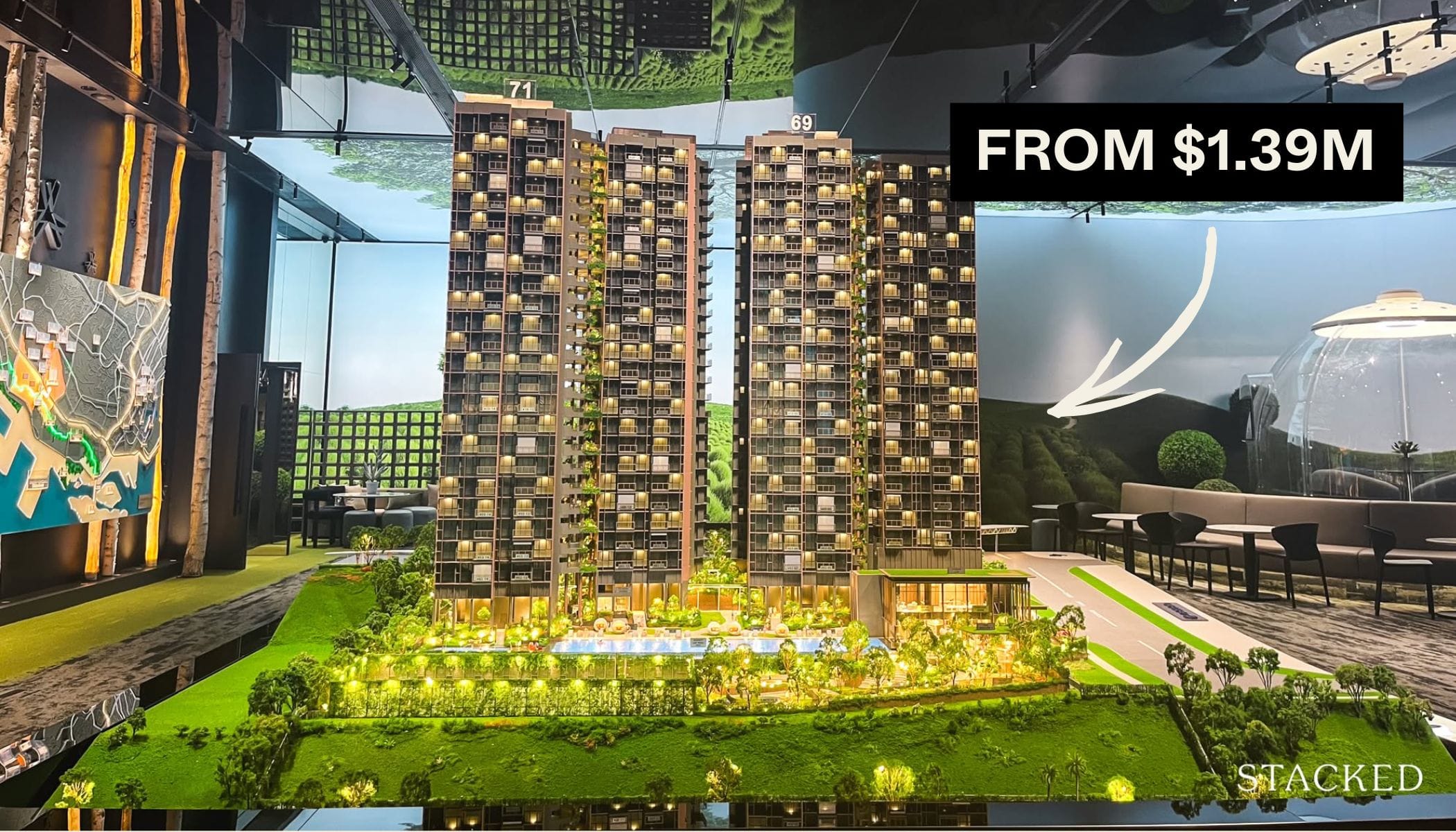
Editor's Pick LyndenWoods Condo Pricing Breakdown: We Compare Its Pricing Against Bloomsbury Residences, Normanton Park & One-North Eden
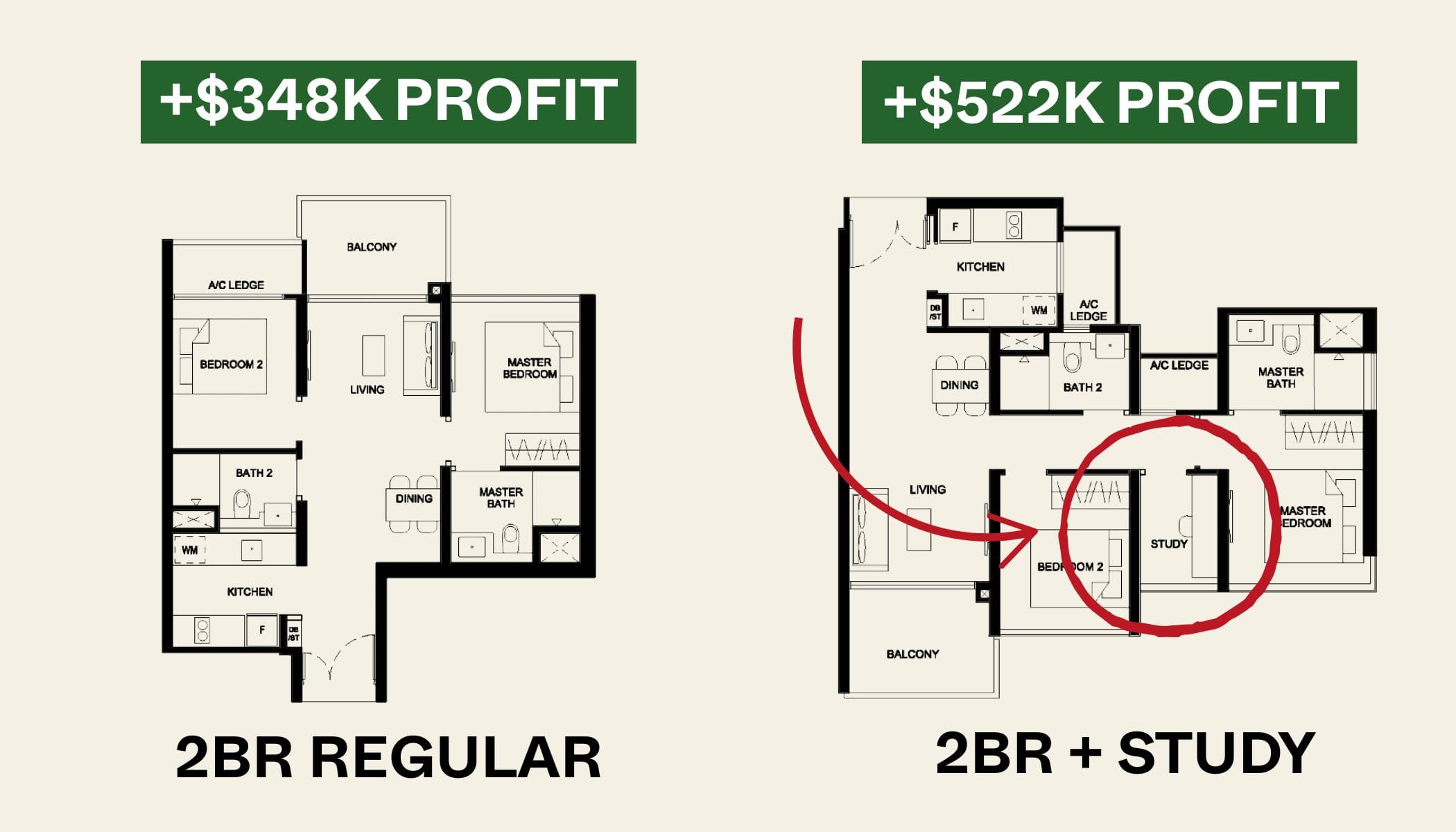
Property Market Commentary 2-Bedder vs 2+Study Units: Which Condo Layout Has Better Returns Over The Last Decade?
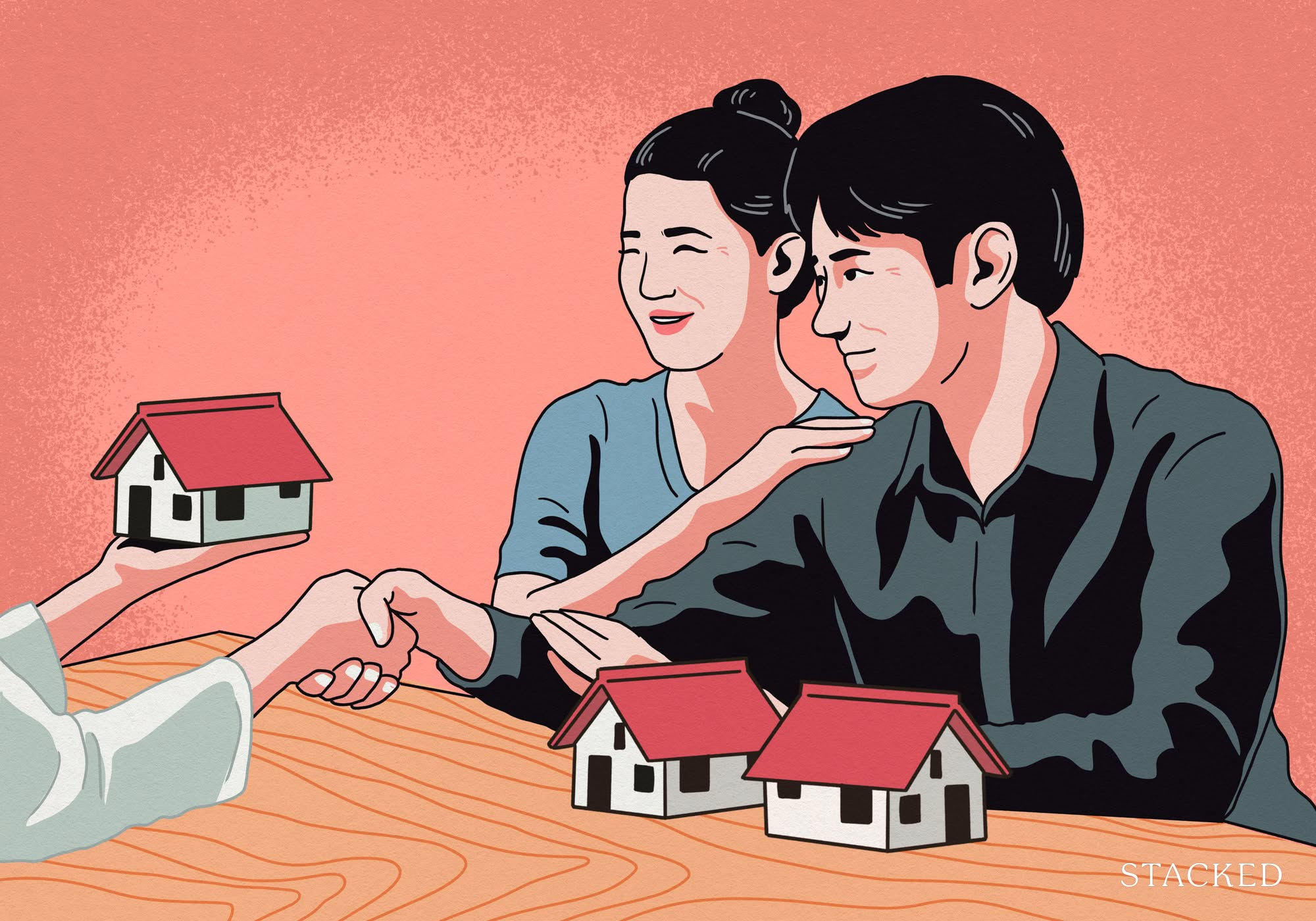
Homeowner Stories Does The “Sell One, Buy Two” Strategy Still Work In 2025? 3 Real Stories From Singapore Homeowners
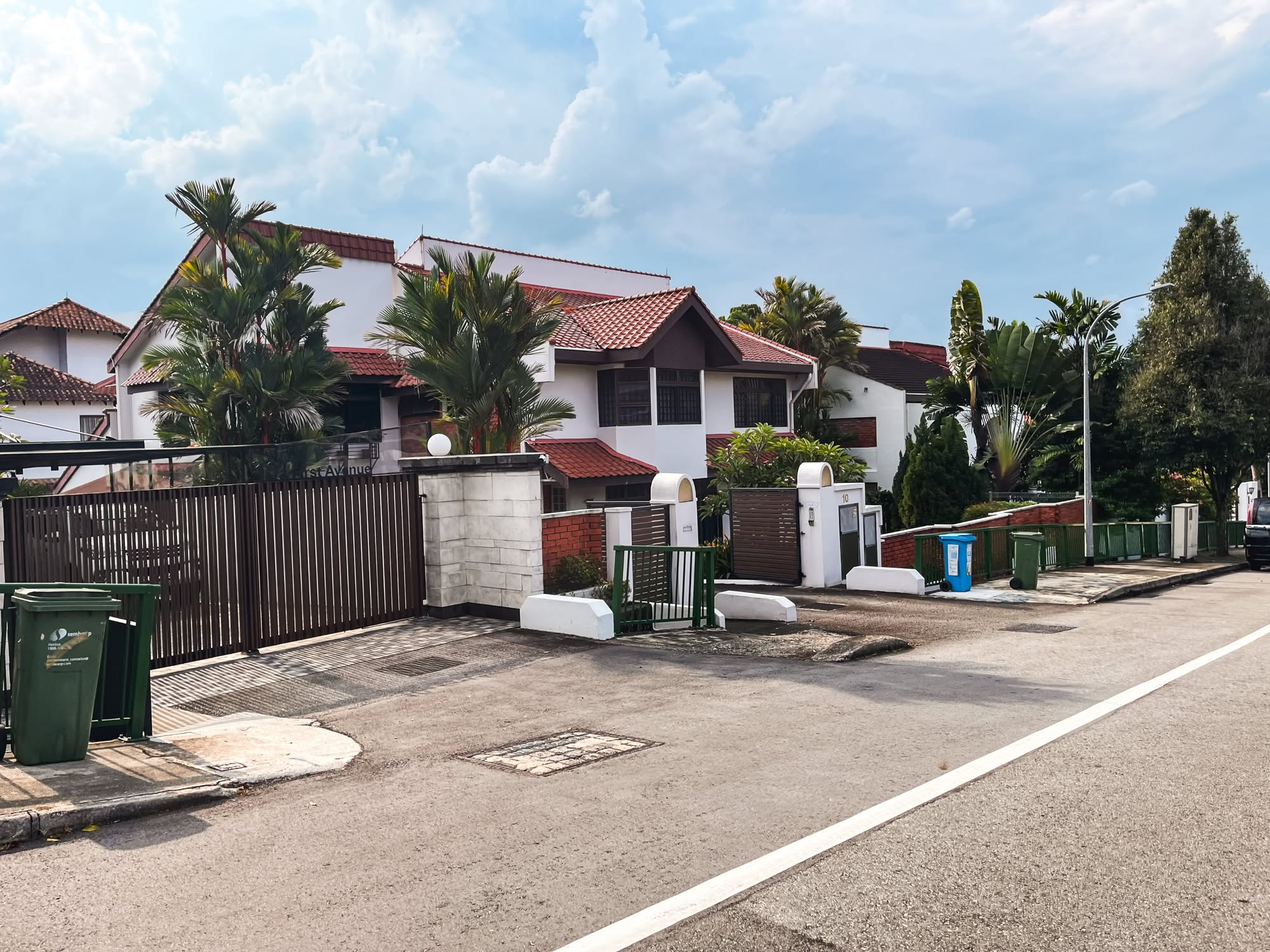
Editor's Pick Where $4 Million Semi-Ds Sit Next To $40 Million GCBs: Touring First Avenue In Bukit Timah
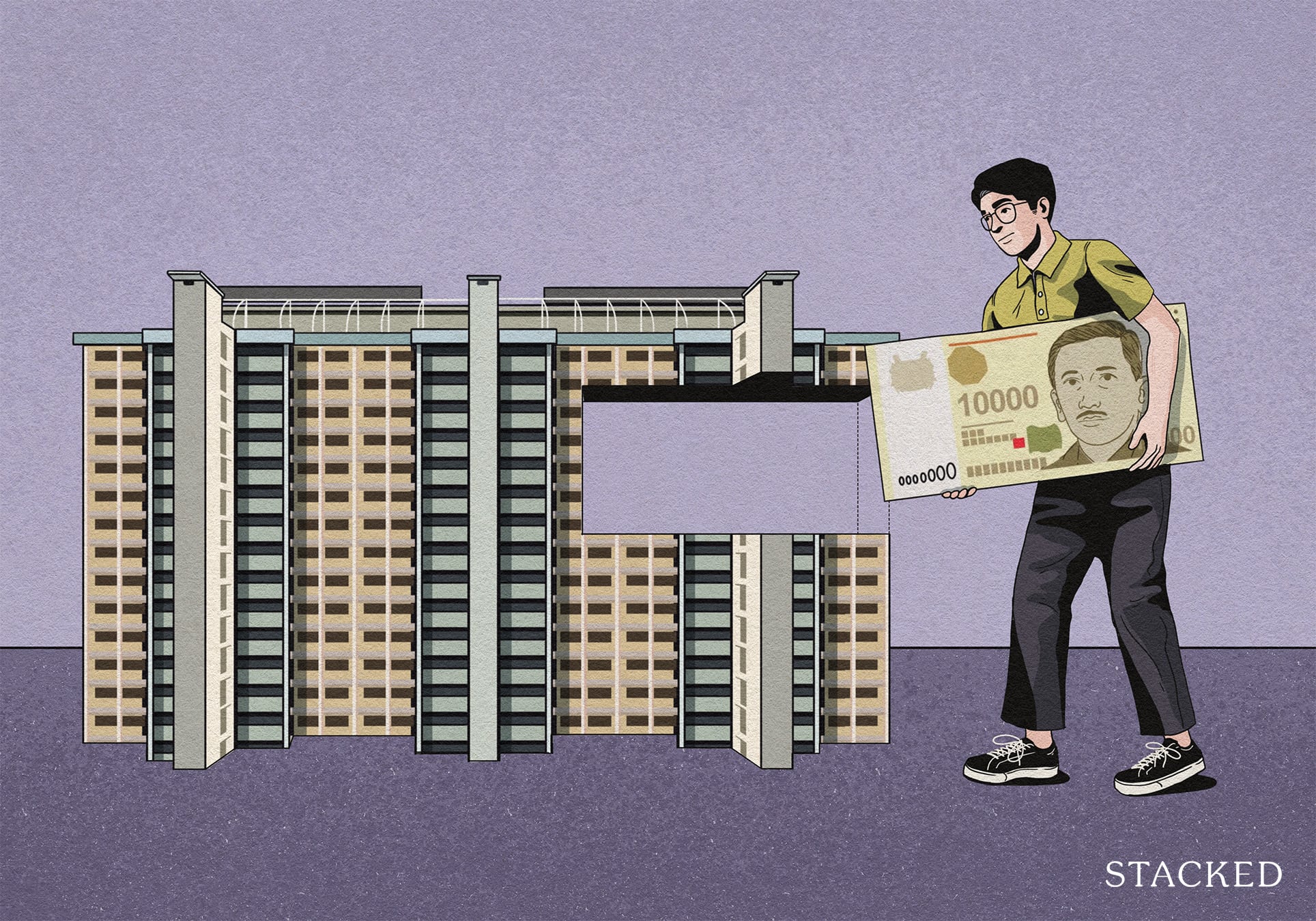
Singapore Property News So Is The 99-1 Property Split Strategy Legal Or Not?
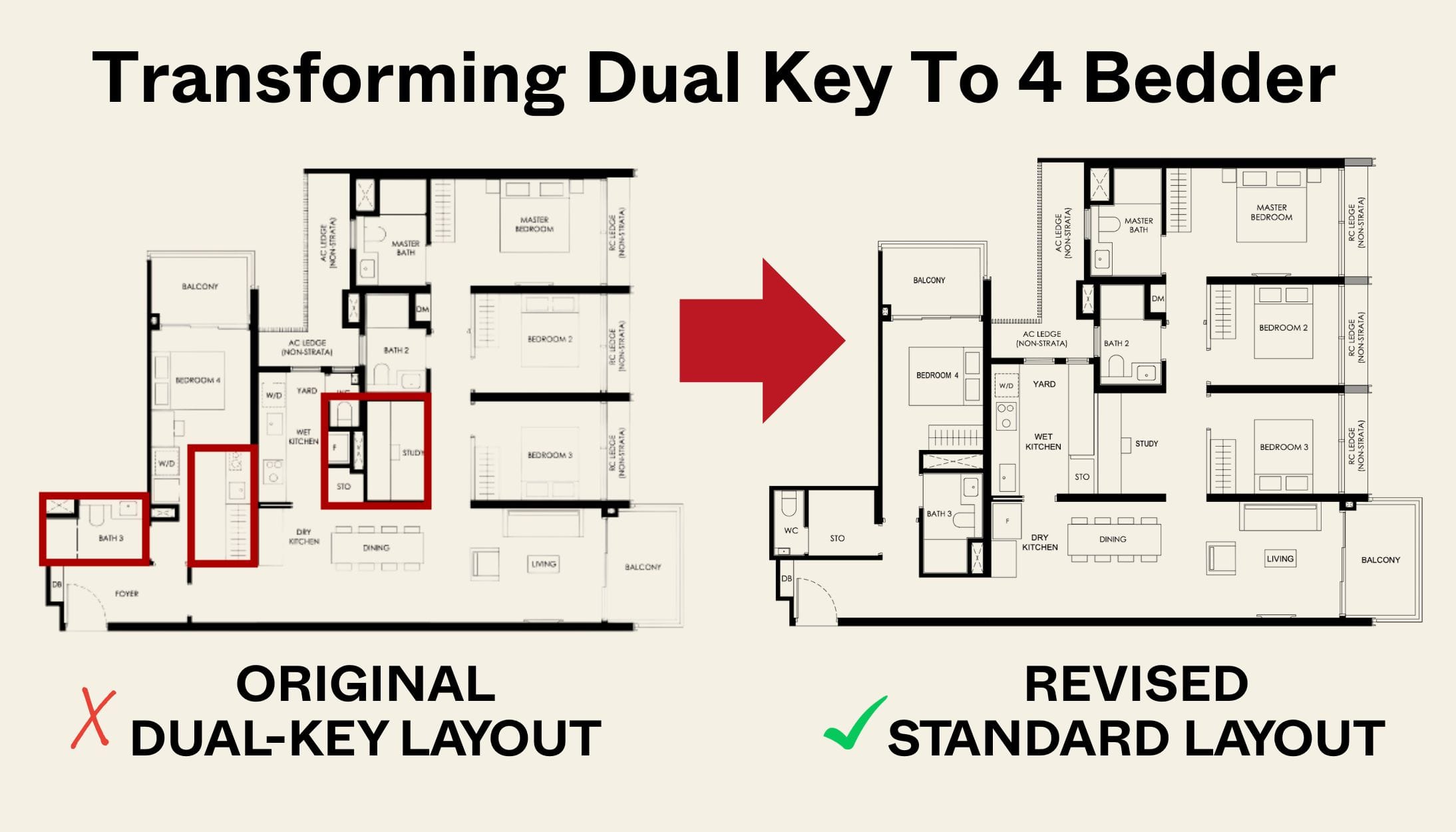
New Launch Condo Reviews Transforming A Dual-Key Into A Family-Friendly 4-Bedder: We Revisit Nava Grove’s New Layout

On The Market 5 Cheapest HDB Flats Near MRT Stations Under $500,000
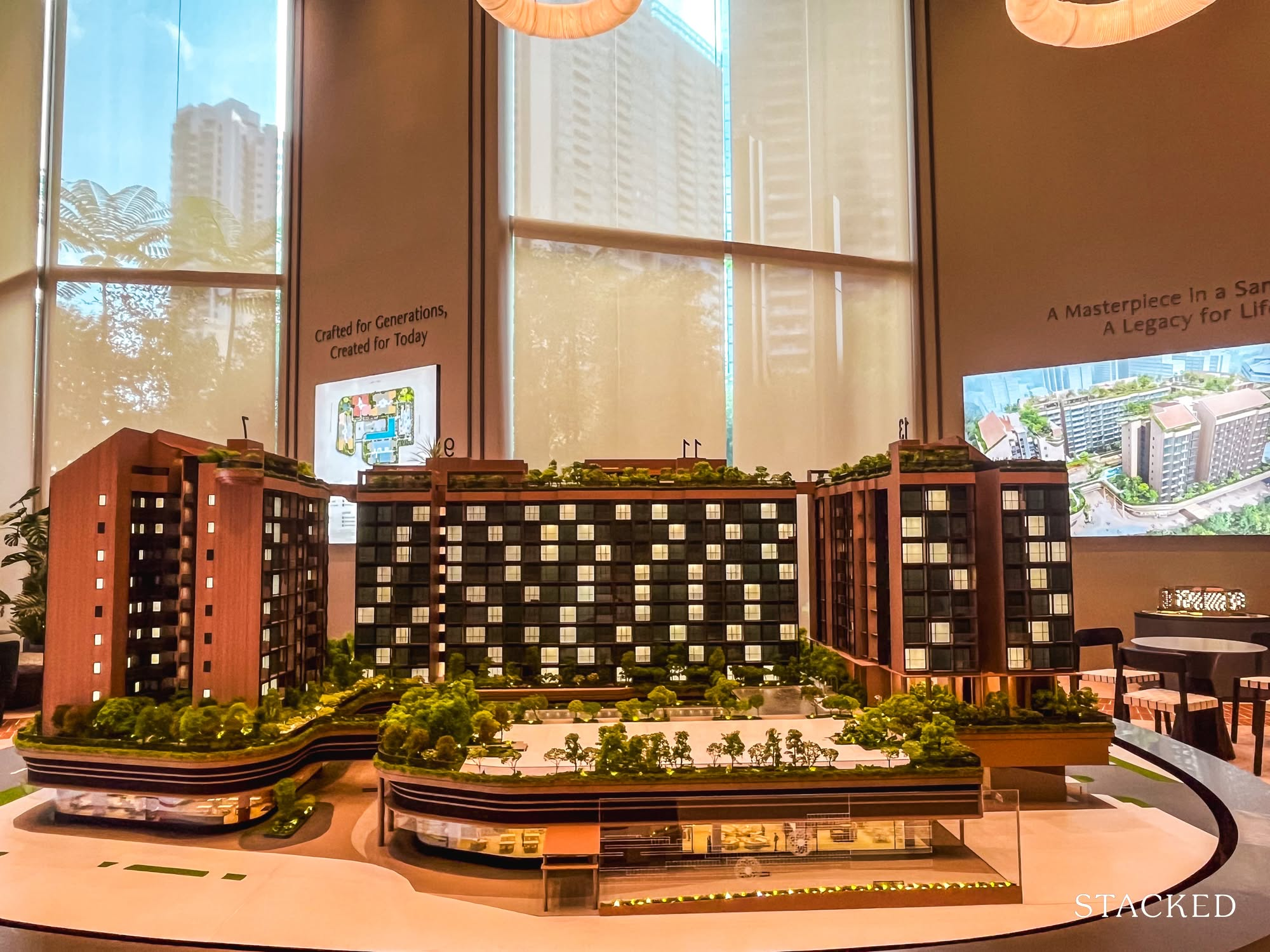
Editor's Pick The Robertson Opus Review: A Rare 999-Year New Launch Condo Priced From $1.37m
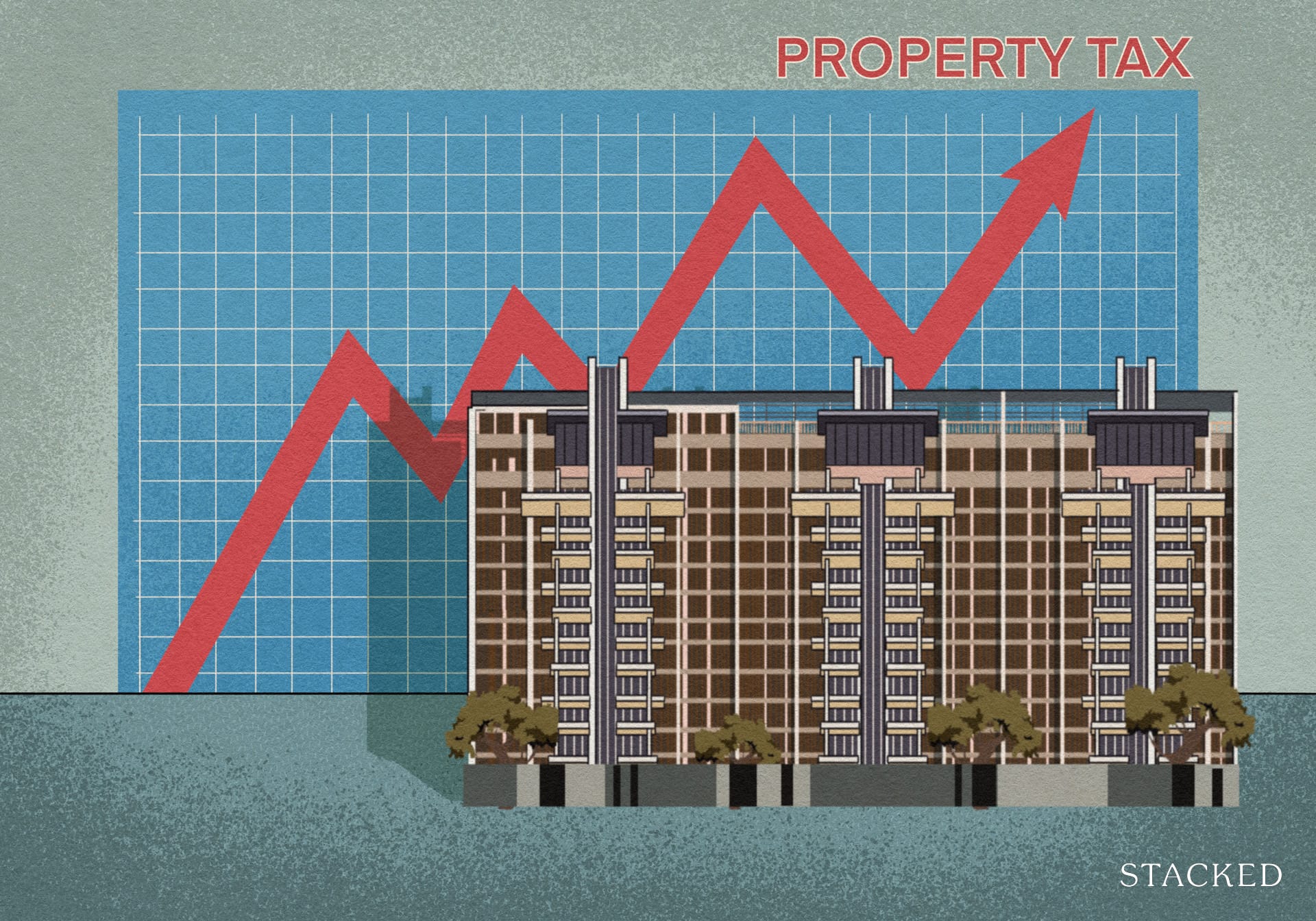
Singapore Property News Higher 2025 Seller’s Stamp Duty Rates Just Dropped: Should Buyers And Sellers Be Worried?
